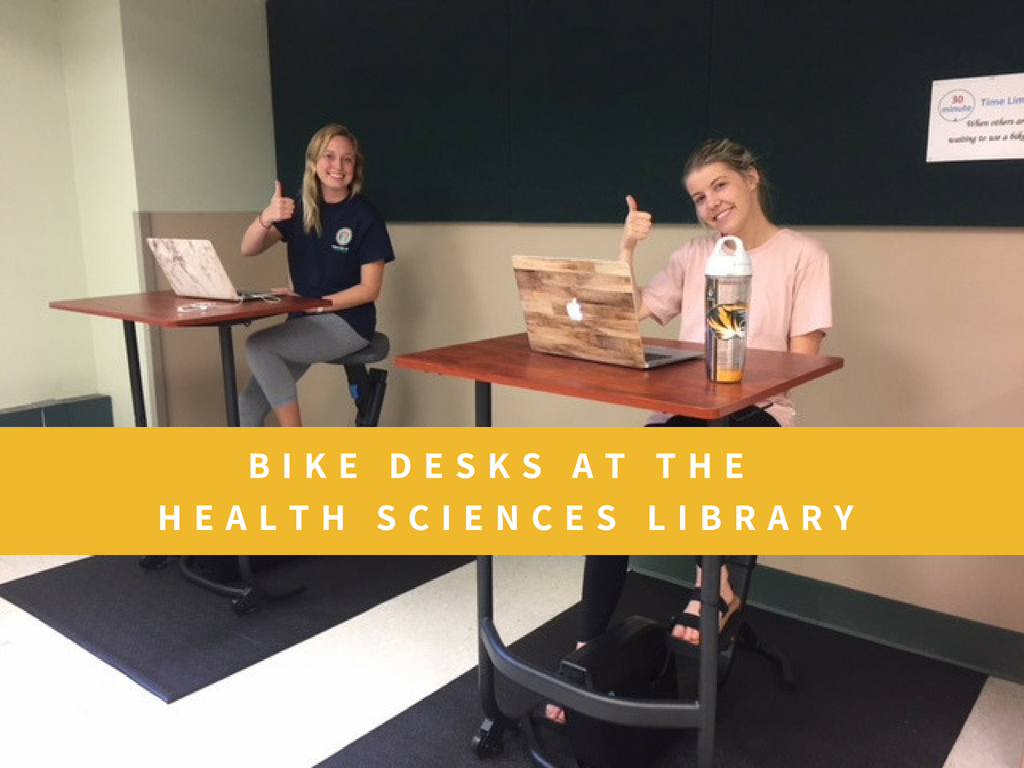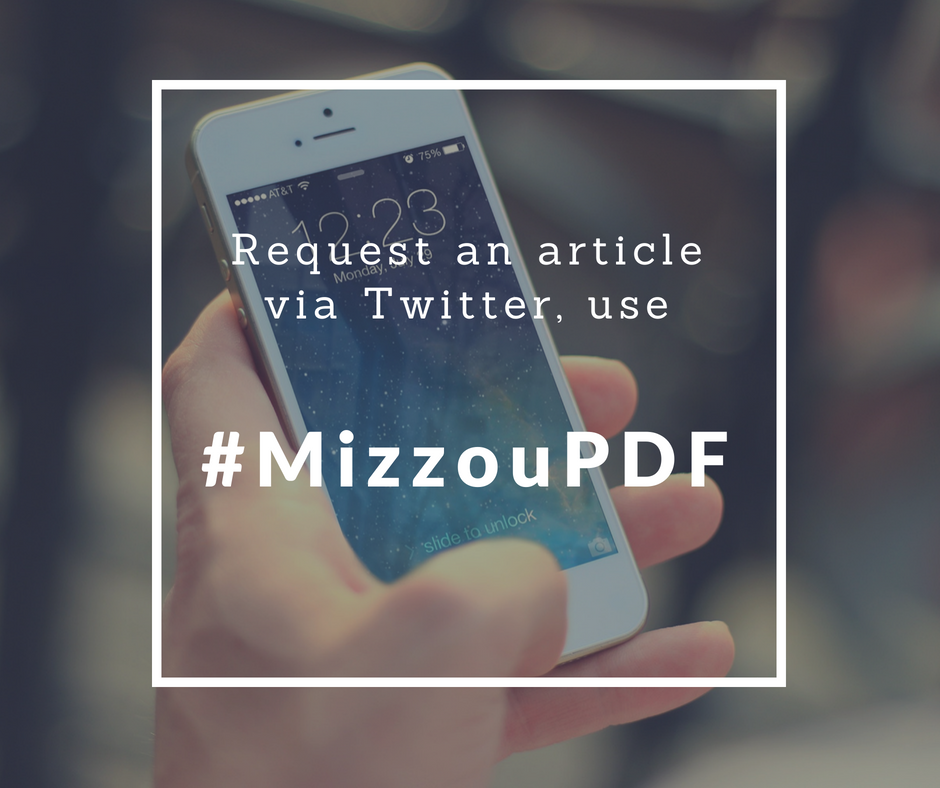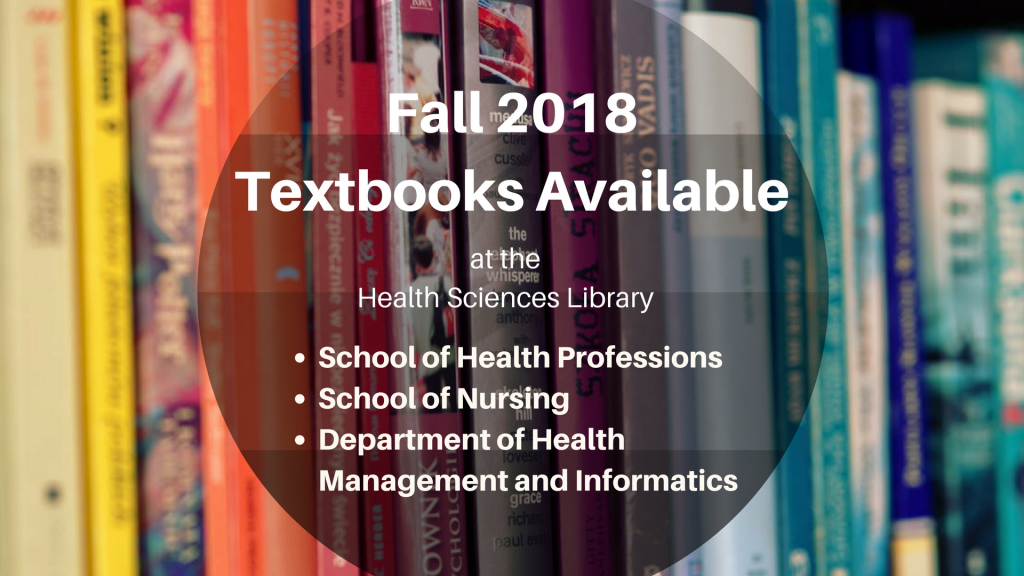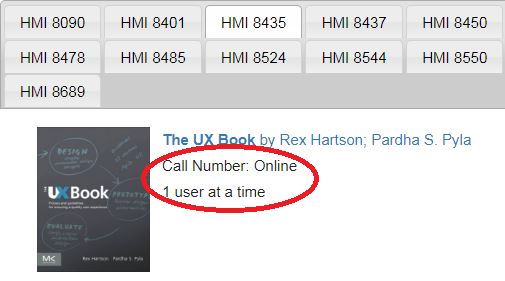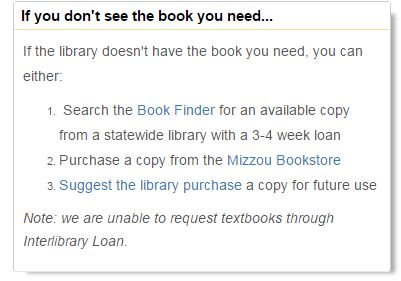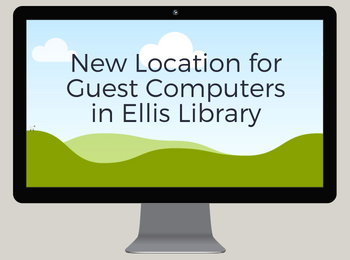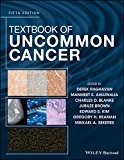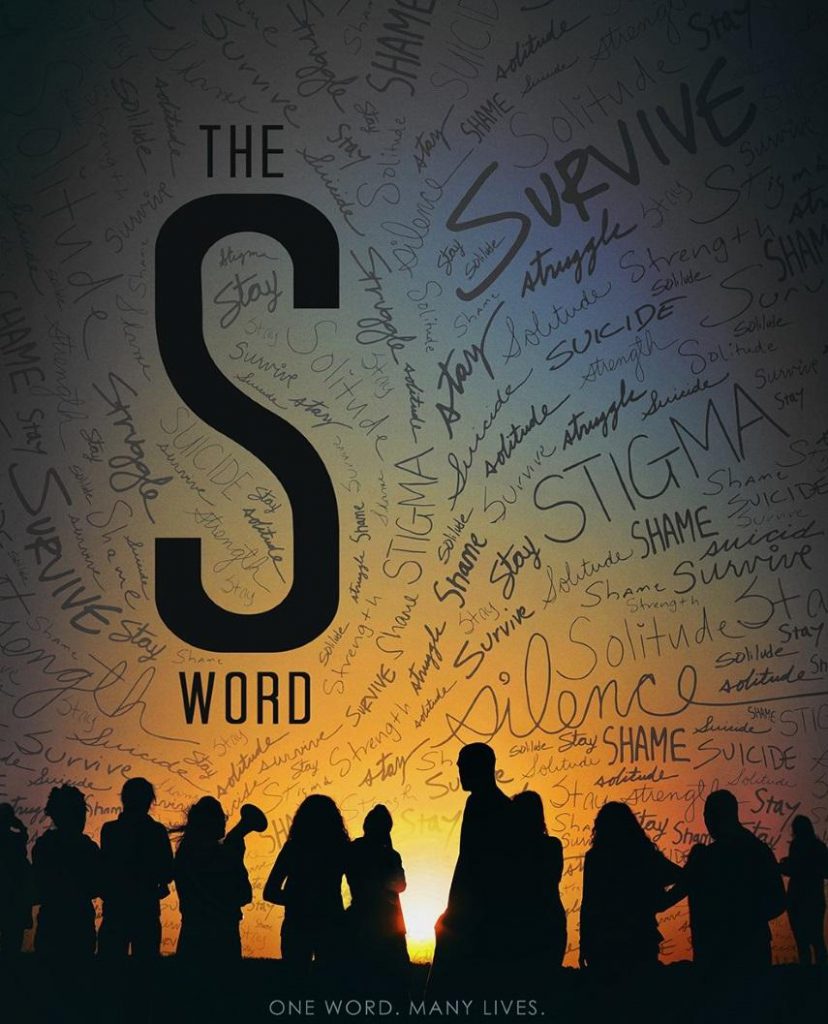Here is a terrifying statistic: suicide is the second-leading cause of death among 10 to 34-year-olds*. According to the CDC, in the United States, someone takes their own life every 12.3 minutes. That’s over 44,000 people lost to suicide annually. The Mizzou Student Suicide Prevention Coalition (MSSPC) is working to change those statistics.
MSSPC is “a student organization at Mizzou founded to bring people of all backgrounds together to raise awareness for suicide prevention methods.” Zach Lahr, the president of the organization, contacted Corrie Hutchinson, our Associate University Librarian for Acquisitions, Collections, and Technical Services, to ask for help procuring a license for a documentary, The S Word, for their week of action in April. The S Word is about a “suicide attempt survivor on a mission to find fellow survivors and document their stories of courage, insight and humor. Along the way, she discovers a rising national movement transforming personal struggles into action.”
This documentary is especially important as it includes interviews from a diverse group of people, including a veteran and members of the LGBTQ community, to show that this is a national problem that encompasses all populations.
Suicide is a difficult topic to address, and MSSPC wanted a streaming license for this documentary so that students on the MU campus would have the opportunity to view it.Hutchinson was not only able to procure the streaming rights in time to stream the video, but was able to find the library funding to purchase the video. Because of this, students who weren’t able to attend screenings can now view it on their own, with others, or even in various courses.
To view this documentary on campus, stream here: http://proxy.mul.missouri.edu/login?url=https://missouri.mediaspace.kaltura.com/media/t/0_yur6xt37. If MU students would like to view this off-campus, they can click here: http://merlin.mobius.umsystem.edu/record=b12278488~S8.
For more information on MSSPC, you can visit their Facebook page at https://www.facebook.com/mizzousuicidepreventioncoalition/, as well as on their Twitter and Instagram accounts: @MizzouSSPC.
For more information on suicide, suicide prevention, and to get help, please visit https://suicidepreventionlifeline.org/.
*according to the National Institute of Mental Health https://www.nimh.nih.gov/health/statistics/suicide.shtml

